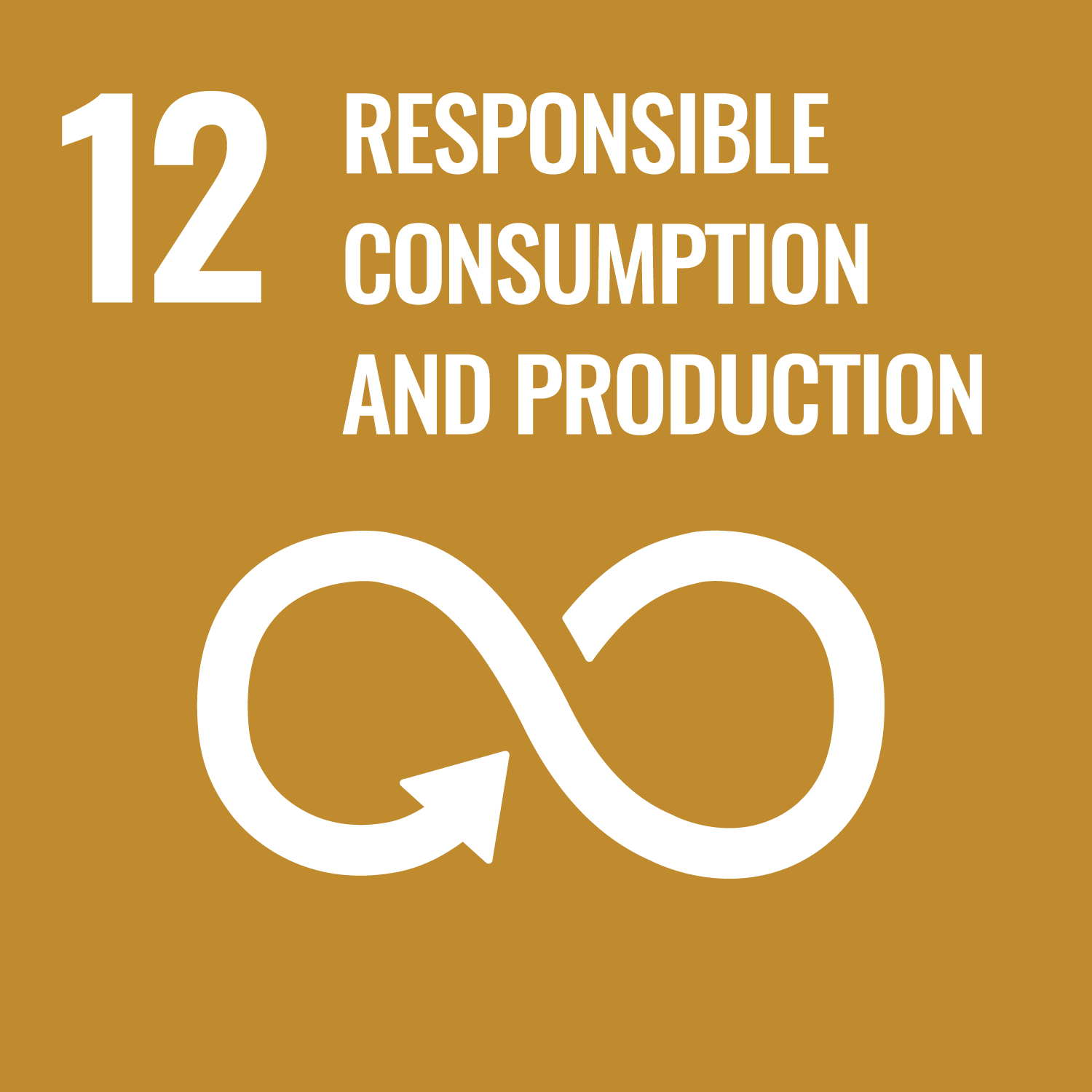The end of tax avoidance practices in the EU? The impact of the 4th Anti-Money Laundering Directive and Anti-Tax Avoidance Directive on corporations
This LLM dissertation provides an analysis of tax avoidance in the European Union after recent reforms of secondary EU law. The 4th Anti-Money Laundering Directive was adopted on 20th May 2015 and came into effect on 26th June 2017. The Anti-Tax Avoidance Directive was adopted on 20th June 2016 and will come into effect on 1st January 2019. The author discusses new reforms focusing on both directives as a measures to tackle tax avoidance practices. The first part describes the basic terms such as the definition and differences between tax evasion, tax avoidance and tax planning in relation to harmful tax competition. The causes of harmful tax competition in the EU are clarified and there is a brief description of the current practices of the corporations. The evolution of the corporate taxation provides a background to the recent developments of combating tax avoidance. The main part of the study focuses on the contribution of policy to prevent tax avoidance in the EU, and especially the impact of the recently adopted Anti-Tax Avoidance Directive and the 4th Anti-Money Laundering Directive. Overall, the critical review assesses the impact and problems of the directives on the achievement of harmonised tax competition and steps which are necessary to accomplish the end of tax avoidance practices in the EU.
| Item Type | Thesis (Masters) |
|---|---|
| Keywords | Tax, taxation, corporate tax, anti-tax avoidance, anti-money laundering, European tax law, money laundering prevention, European Union |
| Subjects | Law |
| Divisions | Institute of Advanced Legal Studies |
| Date Deposited | 19 Apr 2018 13:27 |
| Last Modified | 06 Aug 2024 06:19 |












